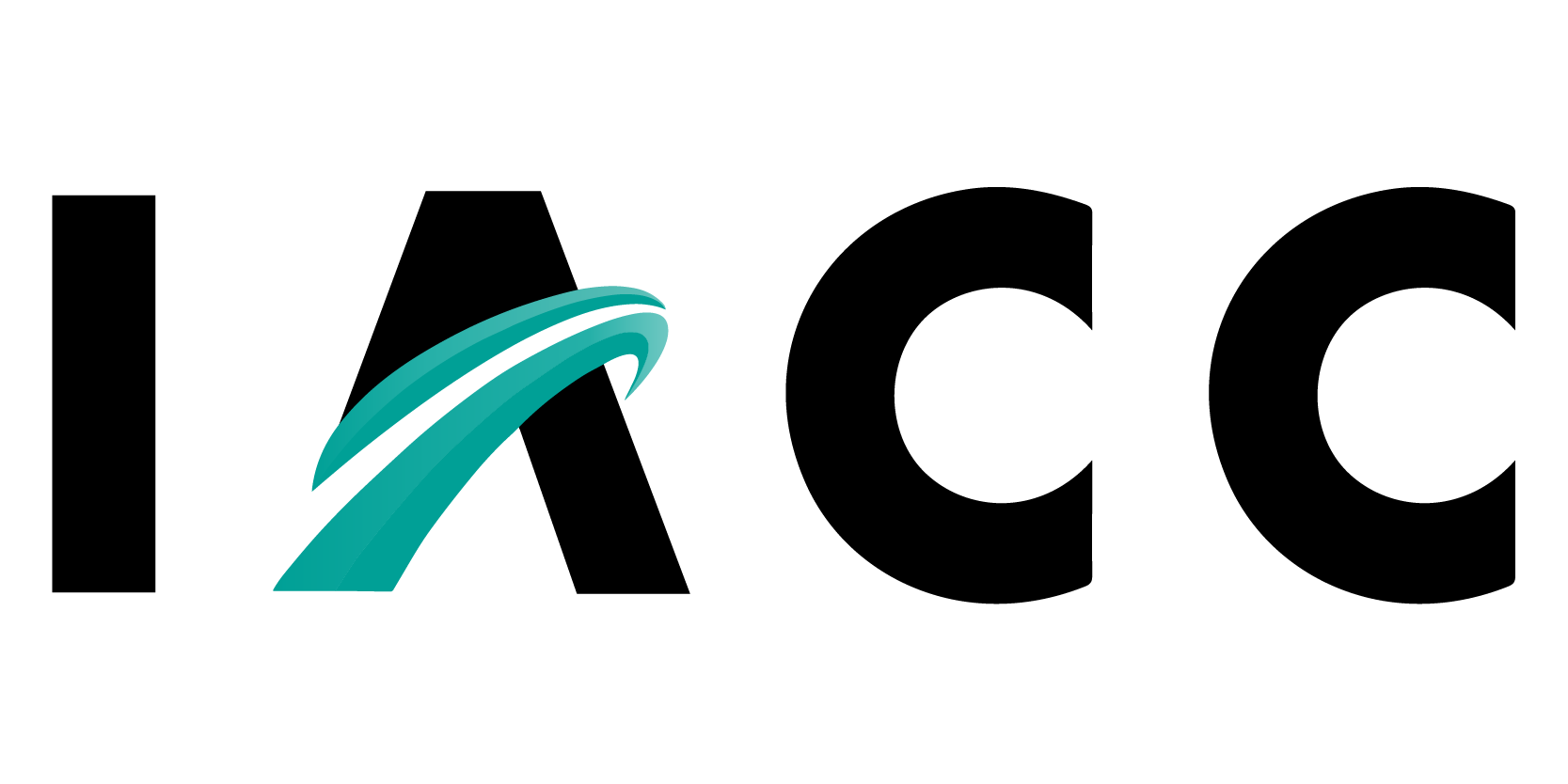How to write a good cover letter in 2023

In the dinosaur times (AKA “The 1980s”), it was obvious: if you were applying for a job, you sent a cover letter with your résumé. In the North American job market it was universally seen as unprofessional not to include a cover letter.
Today, when almost every résumé is either emailed or submitted through an applicant tracking system, Ye Olde Cover Letter seems kind of antiquated, even irrelevant. But is it?
Recently, I was on site at a large healthcare firm in San Francisco, training
25 corporate recruiters and executive recruiters. I asked, “How many consider it unprofessional not to submit a cover letter and might even toss the application?” About one third of the hands went up.
Then, in Nashville, Tennessee, a much more conservative city, I asked a career consultant the same question and she said that it would generally be considered unprofessional not to provide a cover letter. In other words, one factor to consider is the culture of the sector or region you’re targeting. You should not assume cover letters are optional. And including a thoughtfully written one will almost always help you stand out in the initial scans of applicants.
Take your cues from the employer
Some companies specifically mention not needing to submit a cover letter when a candidate applies through their Applicant Tracking System (ATS). Or, in some cases, you’ll find an online application simply doesn’t provide a cover letter upload as an option. If this is the case with your prospective employer, follow their lead and skip the letter. I’ve noticed it is relatively common for an employer in tech, or firms on the West Coast, not to require a cover letter. More traditional industries, like banking, and more conservative regions, like the Northeast and Midwest, tend to expect one.
All that said, if cover letters aren’t explicitly excluded, I do recommend submitting one. A well-written letter will never hurt in such a case, and it might really help.
Will anyone read the cover letter?
It depends on the specifics of the role. Some sectors spend a lot of time with them. Non-profit organizations, for example, will pore over cover letters, as will higher education entities. They tend to be highly interested in learning the applicant’s story (and your writing style and ability).
The hiring manager might be less interested in your wordsmithing abilities if you’re applying for a software programmer position, but if you’re targeting content marketing, it might be another story. At, say, a biotech firm, your cover letter might receive a cursory glance—but taking the trouble to write one will still make a favorable impression.
Four steps for writing a good cover letter
1. Finish Your Résumé First: Before sitting down to write the cover letter, it’s a good idea to have finalized your résumé—it helps you to present yourself in an organized way and helps to avoid accidentally contradicting yourself or sending a mixed message.
2. Get the Format Right: Ensure it is in the business letter format. If you don’t know what this is, do a quick search on “what is business letter format?” and you should find plenty of quick and simple tutorials.
Address the salutation, “Dear [first name]” with the person’s first name, if known. If unknown, you can use “Recruiter” or “Selection Team” or “Hiring Leader.” Here in the US, do not use, “Mr.,”—and definitely not “Mrs.” or “Ms.,” which can easily cause women to bristle. The first name is the most appropriate in the US.
Make sure your cover letter is in the same template format (and the same formatting requirements) as the résumé so it has the same look and feel. This will convey the subtle sense that you are observant, attentive to detail, and put together.
3. Nail Your Opener: Your opening line should be unique and attention-grabbing (though not “showboating”). Don’t start a cover letter with, “I’m interested in applying for the position...” Why? Honestly, because it makes recruiters yawn. They know you’re interested in applying for the position, because you’re doing it! You don’t want to bore them before they’ve even reviewed your qualifications.
4. Show Them You Know Them: The body of your cover letter should be concise (if your letter has a “page two,” get out your red pen pronto—recruiters don’t want to have to read Moby Dick to figure out who you are!) and should not merely be a restatement of the data they are already getting from your résumé. This is your chance to connect, so use it. Personable is good; glib is not.
Demonstrating that you’ve done your homework on the company and the role is ideal, but you’ll want to avoid spitting their own exact job description back at them. Being generic or vague isn’t a great plan: burn a few calories on customizing the letter to the actual organization you are applying to. Hiring managers don’t appreciate feeling like they just received a SPAM note any more than people on dating apps do.
In conclusion, a cover letter is still an important piece of your job applicant dossier. I always co-create one with my clients so they have one that grabs the attention of the company and puts them in the best professional light. It’s true that there might be instances where a cover letter goes unread, but that doesn’t make it a waste of time. We can’t control what happens to the application once it’s sent. What we can, and should, control is whether we’re presenting our best selves for consideration.
If you’ve ever considered sharpening your cover letter writing skills, consider the IACC’s Senior Professional Résumé Writer certification course, where you’ll learn how to write a cover letter so good you can charge for it.
